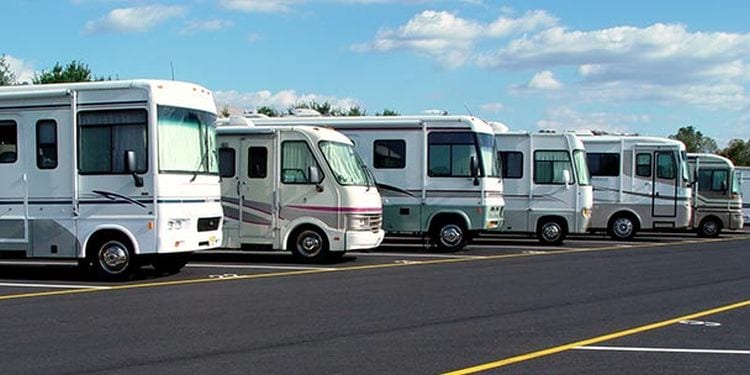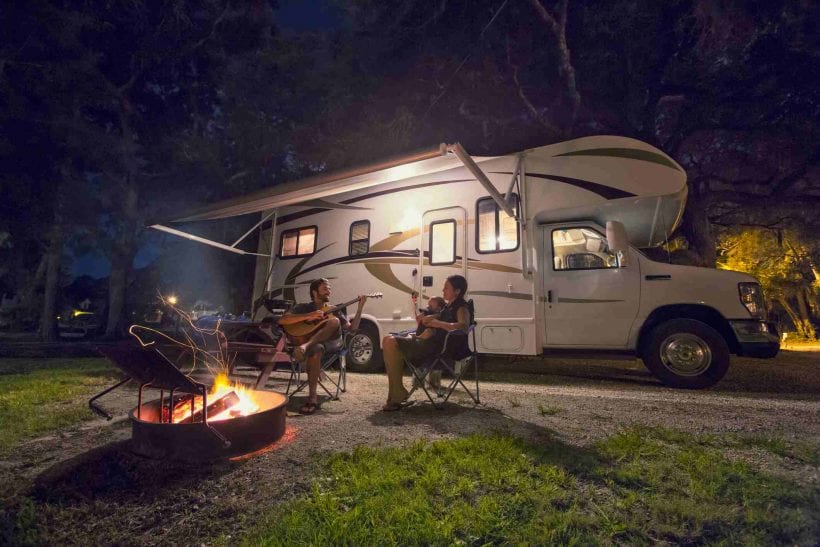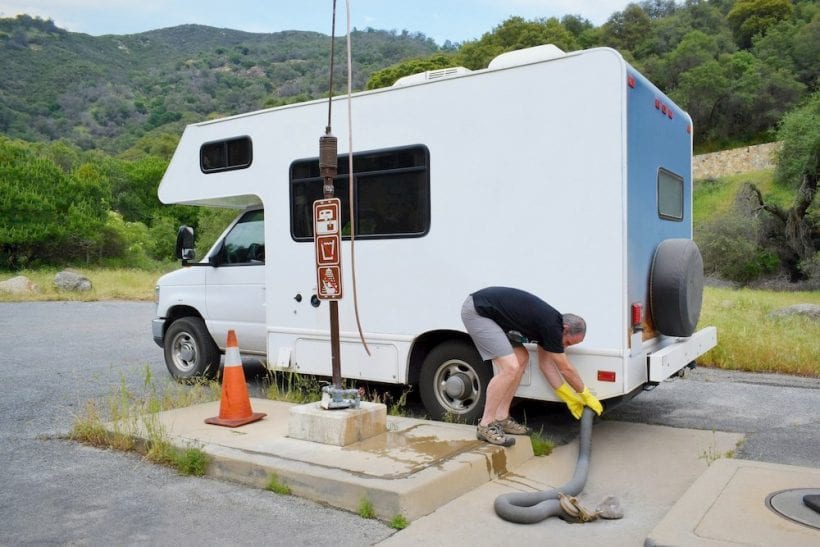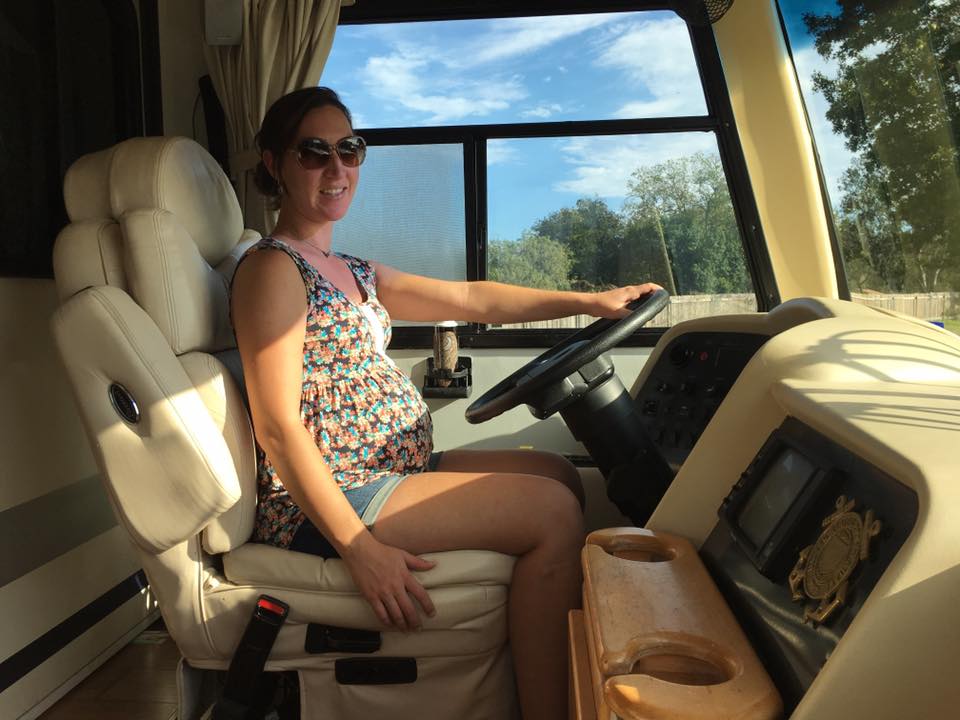Do you love a good road trip? Would you be happy to eat all of your meals at truck stops and quirky roadside diners? Does your heart skip a beat whenever you open up Google Maps and calculate the driving distance to a destination?
If you answered yes to any of these queries, you might enjoy investing in an RV and traveling the country. But driving a motorhome — let alone living out of one — has a bit of a learning curve. Before you take the plunge, check out these answers to frequently asked questions about every aspect of RV life!
What Are the Different Types of RVs?

People who plan on purchasing an RV need to decide between the two major types: motorhomes and towables. Motorhomes are an all-in-one vehicle and living space, while towables are, as the name implies, towed behind a passenger vehicle.
There are variations within these subcategories, too, with teardrop trailers, travel trailers, fifth-wheel trailers, Class A motorhomes, Class B motorhomes, and Class C motorhomes being the most common. You will have to do your research to determine which will best suit your needs.
Aren’t RVs Hard to Drive?
As with any type of vehicle, there is something of a learning curve to handling an RV on the open road. Some styles are more maneuverable than others, of course. It’s a good idea to take a class before you set out on your first adventure, but also know that with practice, you will become adept at driving, cornering, backing up, and parking.
Experienced RVing couples recommend that both spouses learn to drive the RV, not just one of them. This way, you can spell each other during long shifts of traveling, and if there is an emergency, the passenger won’t be stranded.
Is It Cheaper to Take an RV Than Staying in Hotels?
A motorhome or camper can save you money, and the hassle of trying to find a halfway decent motel or hotel. Being able to prepare your own meals is also economical, since paying for three squares a day at restaurants can get pricey fast.
In general, however, the RV lifestyle is much more than a cost-saving way to travel. It’s convenient because you can bring more belongings than if you were restricted to a suitcase or two. It’s also a lot of fun. And ultimately, it gives you more control over your time, route, activities, and the entire experience than you would otherwise have.
Since RVs can and do break down without warning, just like cars, be sure to set aside emergency repair funds. A good way to avoid unexpected expenses, and unpleasant delays, is to consider motorhome extended warranties by Good Sam and RV insurance.
Where Can You Park an RV for the Night?

This largely depends on the size of your RV, but anyone of America’s 18,000 public and private campgrounds, for starters! These run the gamut from bare-bones spaces deep in the woods to luxury RV parks that offer golf courses, tennis courts, spa services, and gourmet restaurants.
Most facilities are somewhere in between and offer a few amenities like swimming pools, playgrounds, a small general store for any supplies you might need, and RV hookups.
If you have a relative or friend who’s willing to offer up their driveway or backyard, that works too!
What About the Toilet? Do I Have to Empty It at Some Point? Isn’t It Disgusting?

Yes. However, most RV enthusiasts say it’s just not that big of a deal.
To prevent bad odors from building up — as well as more serious problems — you’ll need to empty the “black water tank” at dump stations and learn how to properly clean and maintain your toilet. There are several different types that can be used in an RV, and again, it’s mostly a matter of matching the right option to your lifestyle.
For those who are truly grossed out by this chore, remember that it’s not actually necessary to have a toilet on board. Or consider having one, but restricting it to emergency use only. Plenty of people opt to make frequent pit stops or use the campsite latrines in order to avoid dealing with the issue.
Where Can I Go to Learn More?
This FAQ post has barely scratched the surface when it comes to the ins and outs of RV life. There are, of course, loads of online resources to help you research recreational vehicles. For valuable hints and hacks from real RV aficionados, check out one of the many discussion boards devoted to this hobby.
Now, we have some questions for you! Are you considering getting on board the RV bandwagon? What kind are you considering, and where do you plan to drive first? Share your thoughts in the comment section!

